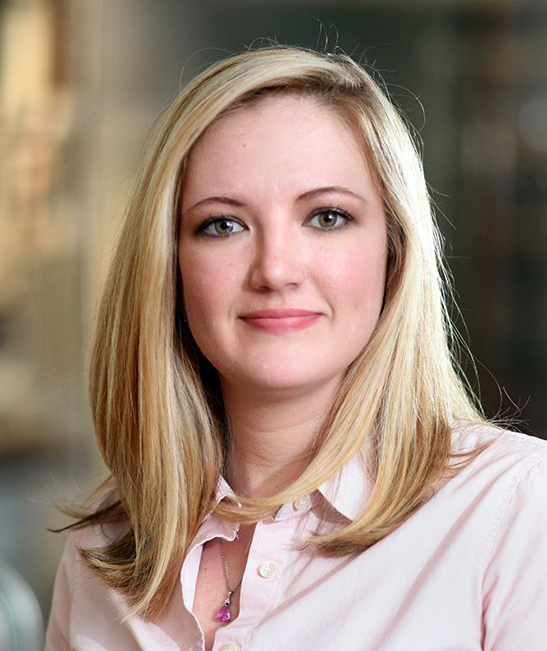The Gastrointestinal Experimental Model Systems Core (GEMS) is subdivided into two subcores: organoid and gnotobiotic sub-cores. The core’s centralized services support exciting scientific developments, are based on the unique expertise of the core leadership, and facilitate the use of cutting-edge model systems by DDC members. The core maintains and supplies DDC members with experiment-ready organoid cultures and gnotobiotic rodents.
The overall goal of the GEMS core is to provide DDC members with state-of-the-art experimental model systems that are difficult to initiate and maintain in independent labs. There is no similar facility in the TMC or the region. The specific aims of the GEMS core are to:
- Generate, maintain, and provide experiment-ready gastrointestinal tract organoid cultures and specialized growth reagents for membership use
- Increase the complexity of organoid models to study infection and injury
- Produce, house, manipulate, and colonize gnotobiotic animals per the needs of DDC members
- Establish housing and embryo transfer conditions to improve the overall efficiency of the gnotobiotic model.
Organoid Subcore
Service component
- Establish gastrointestinal tract tissue stem cell derived organoids from new patient or animal specimens
- Provide differentiated murine and human organoids from previously established lines
- Direct intestinal differentiation of human pluripotent stem cell-derived organoids
- Maintain frozen stocks of organoids and standardized conditioned medium required for cultures
- Perform validation of lines to ensure quality control
- Transfer technology by training project members and personnel
Development component
- Explore platforms for investigating signaling among digestive organs
- Incorporate the microbiome and stromal cell types into organoid cultures
Gnotobiotic Subcore
Service component
- Produce, house, and maintain germ-free rodents
- Colonize animals with microbial communities of interest
- Provide validation and microbiologic monitoring
- Provide training, outreach, and consultative services
Development component
- Develop improved housing systems and protocols that support short-term studies
- Use embryo transfer technologies that do not involve surgical procedures
Under the leadership of Sarah Blutt, Ph.D., Mary Estes, Ph.D. and Margaret Conner, Ph.D. who have extensive experience with both organoid and murine models, the GEMS core will provide a centralized facility that maintains and supplies both organoid cultures and gnotobiotic rodents. This centralization reduces cost burden for members, increases efficiency, saves time, and provides quality control for projects.
Core Leadership

Co-Director
Email: mestes@bcm.edu
Phone: (713) 798-3585
Research Interests: Human mini-gut cultures to understand gastrointestinal virus-host interactions and mechanisms of pathogenesis and immunity
Visit BCM Faculty Profile

Co-Director
Email: mconner@bcm.edu
Phone: (713) 798-3590
Research Interests: Pathogenesis of and immunity to enteric pathogens
Visit BCM Faculty Profile

Xi-Lei (Shelly) Zeng
Technical Director, Organoid Subcore
xzeng@bcm.edu
Visit BCM Faculty Profile

Stephanie Fowler
Technical Director, Gnotobiotic Core
swfowler@bcm.edu
Visit BCM Faculty Profile
Request Services:
To request services from any DDC core facility, visit our iLabs portal. Note: You will be required to create an iLabs account.









